Katie Sambrook, Head of Special Collections at King’s College London, tells us about the collections in her charge and how she and her colleagues are promoting them.
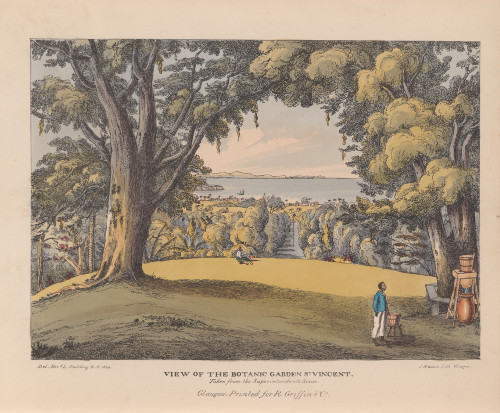
The Foyle Special Collections Library at King’s College London holds over 180,000 items – mainly printed books, periodicals and pamphlets, but also maps, manuscripts and photographs – in a landmark Victorian building in central London. The grade 2* listed edifice, which also houses the Maughan Library (the university’s largest library), served until the 1990s as the Public Record Office, the home of the nation’s documentary heritage, so its current purpose, as a repository of special collections of international importance, is very much in keeping with that for which it was originally constructed.

Our special collections
For me perhaps the most attractive aspect of our special collections, and one which helps to make my role so rewarding, is their wide variety. Ranging in date from the 15th century to the present day and spanning the humanities, social sciences and sciences, our special collections provide endless scope for research, teaching and public engagement.
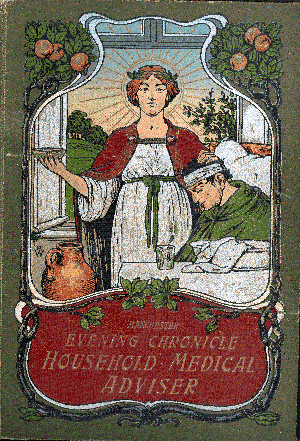
Medicine is a notable strength; King’s has a long and rich tradition in this area, incorporating not only the foundation of King’s College Hospital in 1840 but the merger in the 1990s with two far older institutions of medical education and training, St Thomas’s Hospital (originally a medieval foundation) and Guy’s Hospital, founded in 1721. All these institutions assembled large and important collections of rare and historical medical books, supplemented in psychiatry by that of another institution with which King’s merged in the 1990s, the Institute of Psychiatry. In total we hold over 20,000 rare books and journals in the medical sciences, one of the most significant such collections in a UK university library. To help promote their riches, we are a partner in the Jisc / Wellcome Trust-funded digitisation project, the UK Medical Heritage Library, which aims to digitise 15 million pages of 19th and early 20th century medical books. And we’re adding to our medical collections too, seeking out items that fill gaps in our holdings, like this attractively bound household medical handbook, for example.
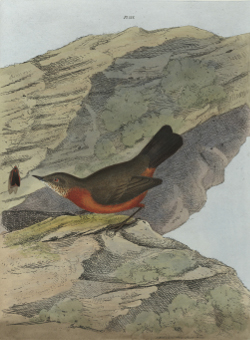
Perhaps the most important of all our special collections – and it’s certainly the largest –is the FCO Historical Collection, the former library collection of the Foreign and Commonwealth Office (FCO), which was transferred to King’s in 2007. Spanning 500 years of history and every corner of the world, this magnificent collection encompasses such themes as travel and exploration, war, peace and diplomacy, trade and transport, the growth and abolition of the Atlantic slave trade, the rise, rule and decline of empires and the creation of the Commonwealth. Many items in the collection are rare; some are unrecorded elsewhere. Items range from sumptuously produced works, such as this early study of the bird life of New South Wales, to cheaply produced but no less interesting pamphlets and magazines, such as the rare Falkland Islands magazine, which documents daily life on the islands in the late 19th and early 20th centuries.
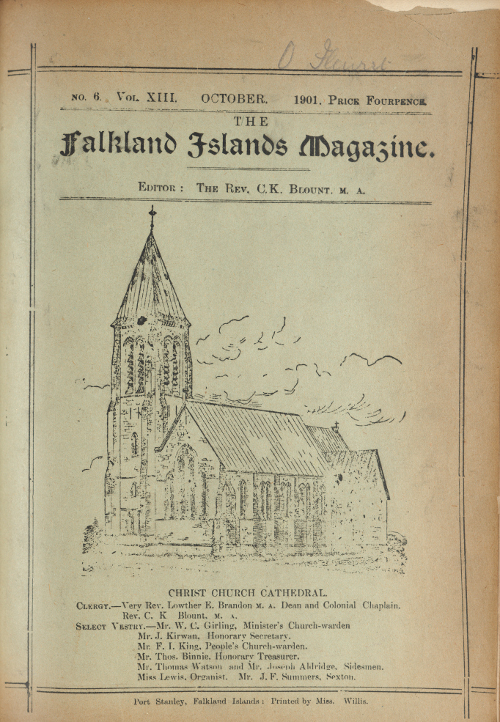
Promoting our special collections
I see the active promotion of our special collections, both within King’s and to the wider world, as an essential part of our role. Our central London location within a historic building that is a destination in its own right makes public exhibitions an obvious promotional tool for us, and it’s one in which we consequently invest a good deal of effort. We run three public exhibitions a year; they are free to visit and attract visitors from all around the world. Our current exhibition is called West of Suez: Britain and the Mediterranean, 1704-1967, a theme we chose because it plays to the strengths of the FCO Historical Collection, has a compelling narrative with topical resonance and, not least, gives us scope to display some visually attractive and intriguing items.
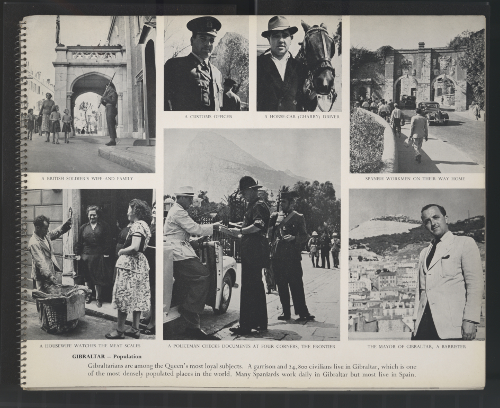
The exhibition runs until 7 May and you will find full details on our exhibitions web page.
Not everyone can visit our exhibitions, of course, so we also ensure that we make as many of our past exhibitions as we can available in online form. In the last year we’ve explored such topics as the Battle of Waterloo and the fight against infectious disease in both physical and digital form.
One of the characteristics of special collections – their capacity to foster cross-disciplinary research – is closely aligned to King’s College London’s strength in imaginative interdisciplinarity in research and teaching, and this ties in with another way in which we seek to promote use of our collections, by way of seminars with our academic colleagues, introducing them and their students to the vast array of material available to them. Most of the seminars we run are for King’s students, of course – this term we’re running seminars for English Literature and Medicine undergraduates, to give just two examples – but we can also provide this service for staff and students of other institutions; we’ve developed a successful pair of seminars for the MA in African Studies course at the School of Oriental and African Studies. Some seminars are introductory in nature, while others are more in-depth, requiring students to undertake a sustained piece of work on an item or items in our special collections. I’m interested in developing creative partnerships with academic colleagues and departments further and would like to explore how we can best foster fuller exploitation of the potential of our special collections to generate new research, perhaps by fellowships, perhaps by internships or perhaps by some other means – we have plenty of ideas and this is an area we’re hoping to focus on in the next few years.
www.kcl.ac.uk/specialcollections
Katie Sambrook
Head of Special Collections
Library Services
King’s College London
All images copyright the King’s College London Library and reproduced with the kind permission of the copyright holder.
Categories

